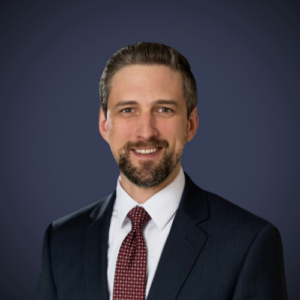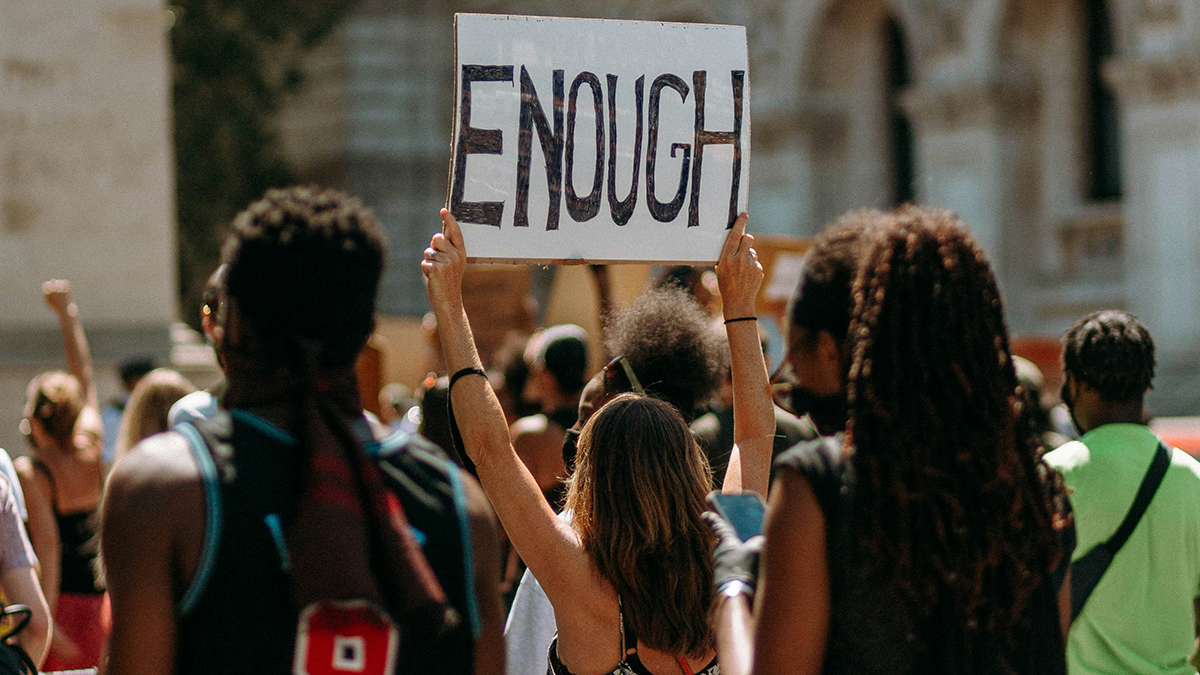
In Case You Missed It: A Path Forward for Free Speech on Campuses
Northwestern University students had been in class for just a few days when administrators cancelled a set of journalism classes in order to investigate the professor’s “sense of objectivity.” Across the country, colleges and universities are struggling to uphold free speech and the norms of reasonable campus discourse. In an article published by The Dispatch, Institute for Humane Studies Director of Outreach Matthew Kuchem offers a path forward.
A first step, Kuchem says, is to dispel the notion that illiberal policies only come from the modern left. “Right-led speaker cancellations also number in the hundreds,” Kuchem notes.
Second, campuses—and our culture in general—must take a more ambitious approach to upholding free speech, one rooted not just in protection, but tolerance. “Liberty and diversity cannot coexist without tolerance,” Kuchem writes. “A liberal culture is one in which people have a wide degree of freedom to follow the dictates of their consciences and live life as they see fit, so long as they do not harm others.” Free expression and academic freedom on college campuses are “meaningless if only some views are deemed acceptable,” Kuchem argues.
Colleges and universities also should encourage respectful and robust dialogue by establishing forums, orientations, and general education courses that encourage people to disagree with each other in good faith, and encourage faculty and administrators to model norms for students. Administrators also should enhance viewpoint diversity, Kuchem advises, making “concerted efforts to balance the predominantly left-leaning views on campus by hiring ideologically diverse professors and bringing thoughtful conservative speakers to engage with students.” (Conservative institutions also should commit to viewpoint diversity, Kuchem notes.)
Fourth, lawmakers must take a hands off approach. “Cooling off the higher education culture wars will require state lawmakers … to avoid censorship and the politicization of public university governance,” Kuchem says.
Failing to act risks not only the future of the academy, but the futures of individual students. Kuchem notes that a recent survey from the College Pulse and Foundation for Individual Rights and Expression found less than half of students feel comfortable sharing their views on a controversial topic in the classroom or in campus residences.
“Higher education is not merely an incubator of ideas; it is an inculcator of culture,” Kuchem concludes. “Colleges and universities can train the next generation of antiliberal culture warriors, or they can educate the next generation of citizens of our liberal democracy.”
Read Kuchem’s full article at The Dispatch.
